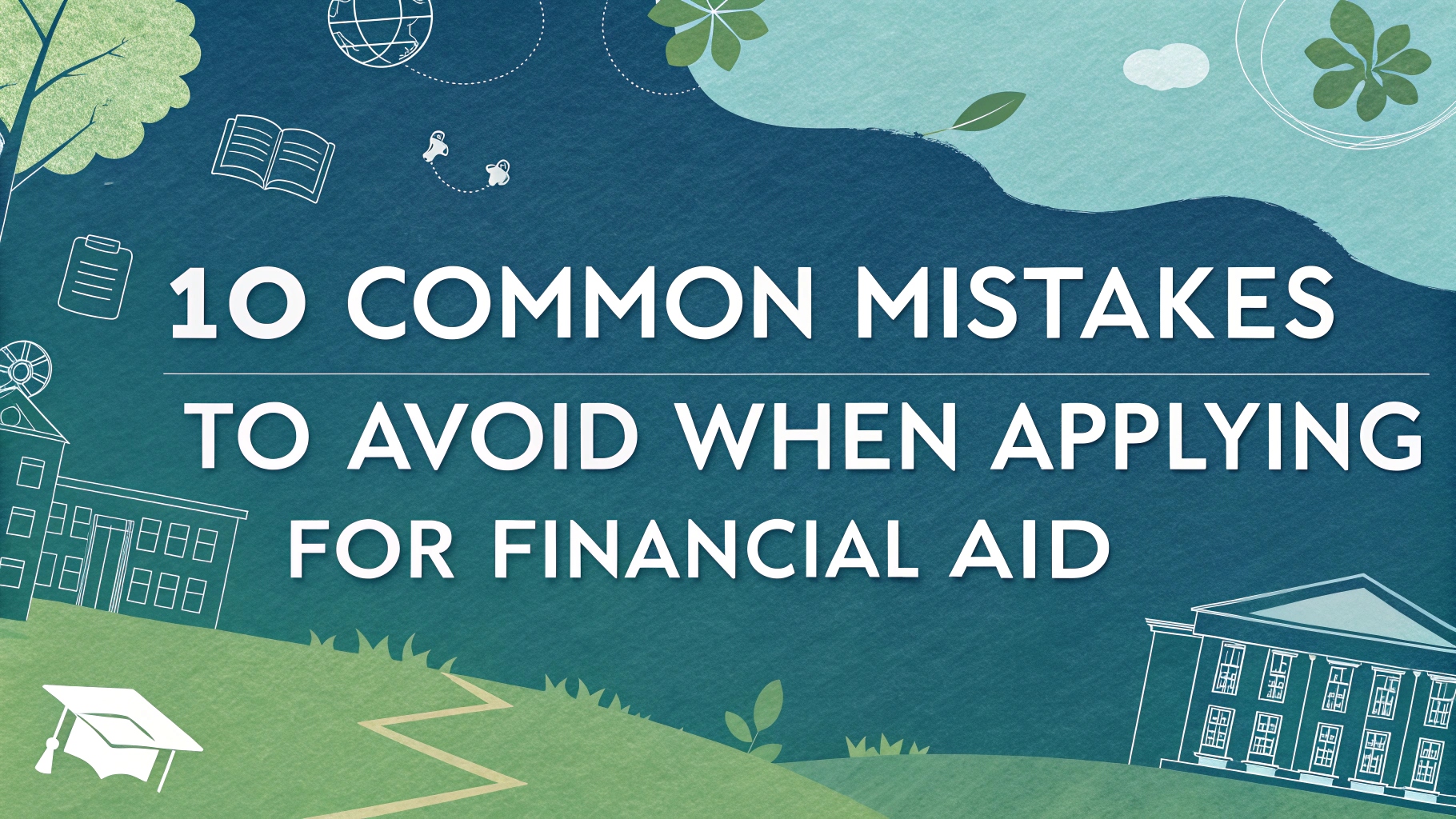10 Common Mistakes to Avoid When Applying for Bursaries in SA

Applying for bursaries in South Africa can be a life-changing step toward furthering your education, especially for students who face financial challenges. With the high cost of tertiary education, bursaries provide crucial financial support, covering tuition, books, accommodation, and sometimes even living expenses.
However, many deserving students miss out on these opportunities due to avoidable mistakes in the application process. To increase your chances of success, here are 10 common mistakes to avoid when applying for bursaries in South Africa.
1. Missing the Application Deadline
One of the most common — and most costly — mistakes is submitting your bursary application after the deadline. Many bursary providers are strict about their cut-off dates, and late applications are often automatically rejected.
Tip: Keep a calendar of all bursary deadlines and set reminders at least a week in advance. Apply early to avoid last-minute problems such as missing documents or system errors.
2. Applying Without Meeting the Minimum Requirements
Each bursary has specific eligibility criteria, such as minimum academic performance, field of study, financial need, or geographical location. Some students apply even though they clearly do not meet these requirements, wasting time and effort.
Tip: Carefully read the bursary’s requirements before applying. If you do not meet them, look for other bursaries better suited to your profile.
3. Failing to Include All Required Documents
Incomplete applications are a top reason why many students are disqualified. Bursary applications often require certified copies of your ID, academic transcripts, proof of income, motivational letters, and more.
Tip: Make a checklist of all required documents. Ensure that all documents are certified (if needed) and up to date. Always double-check before submitting your application.
4. Not Writing a Strong Motivational Letter
A motivational letter is your chance to convince the selection panel why you deserve the bursary. Many applicants write generic, poorly structured letters that fail to capture attention.
Tip: Take time to write a personalized, well-organized letter that explains your background, goals, financial need, and why you’re passionate about your chosen field of study. Be honest and sincere.
5. Submitting Applications With Spelling and Grammar Errors
Poor spelling and grammar can make your application look unprofessional and careless, especially when you're competing with many other applicants.
Tip: Always proofread your application documents. Use tools like Grammarly, or ask a teacher, mentor, or friend to review your application before submission.
6. Using One Generic Application for All Bursaries
Different bursaries have different expectations and requirements. Using the same cover letter or motivational letter for every application can be a major red flag.
Tip: Customize each application based on the bursary provider. Tailor your motivational letter and other documents to align with what that specific bursary is looking for.
7. Ignoring Instructions From the Bursary Provider
Some bursary applications come with specific instructions, such as how to format documents, how to name files for online submission, or what type of envelope to use for postal applications.
Tip: Follow the instructions to the letter. Not doing so may result in automatic disqualification. Read every detail on the application form carefully.
8. Not Applying to Enough Bursaries
Many students pin all their hopes on one or two bursaries. If those don’t come through, they are left without financial support for their studies.
Tip: Apply for as many bursaries as possible where you meet the criteria. The more you apply, the better your chances of getting one. Keep track of the ones you’ve applied for.
9. Lying or Exaggerating in Your Application
Some students may feel tempted to lie about their marks, financial situation, or family background to gain sympathy. This is a dangerous mistake.
Tip: Be honest in your application. Bursary providers often verify the information you provide. Getting caught in a lie can result in disqualification and ruin your chances for future opportunities.
10. Neglecting to Follow Up on Your Application
After submitting an application, many students sit back and wait. In some cases, bursary providers may need additional information or conduct interviews.
Tip: If you haven’t heard back within the timeframe stated, don’t be afraid to follow up politely via email or phone. This shows initiative and interest, and it might give you an edge.
Final Thoughts
Bursaries are a valuable source of funding that can open doors to a brighter future. However, competition is high, and small mistakes can cost you the opportunity. By avoiding these 10 common mistakes and preparing carefully, you can improve your chances of being awarded a bursary in South Africa.
Here’s a quick summary checklist to keep you on track:
Check the eligibility criteria
Apply before the deadline
Include all required and certified documents
Write a strong, personalized motivational letter
Proofread your application
Customize each application
Follow all instructions carefully
Apply to multiple bursaries
Be honest
Follow up after applying
Success in bursary applications often comes down to preparation, attention to detail, and persistence. If you take the time to do it right, your hard work will pay off.